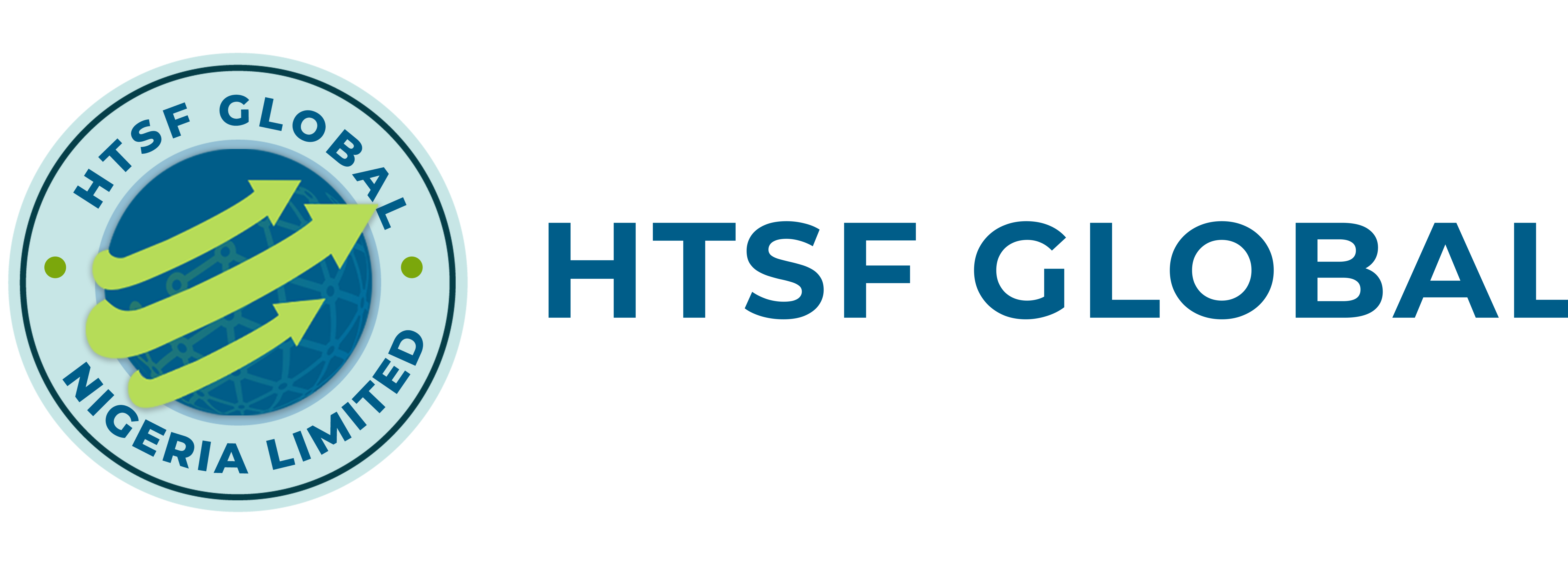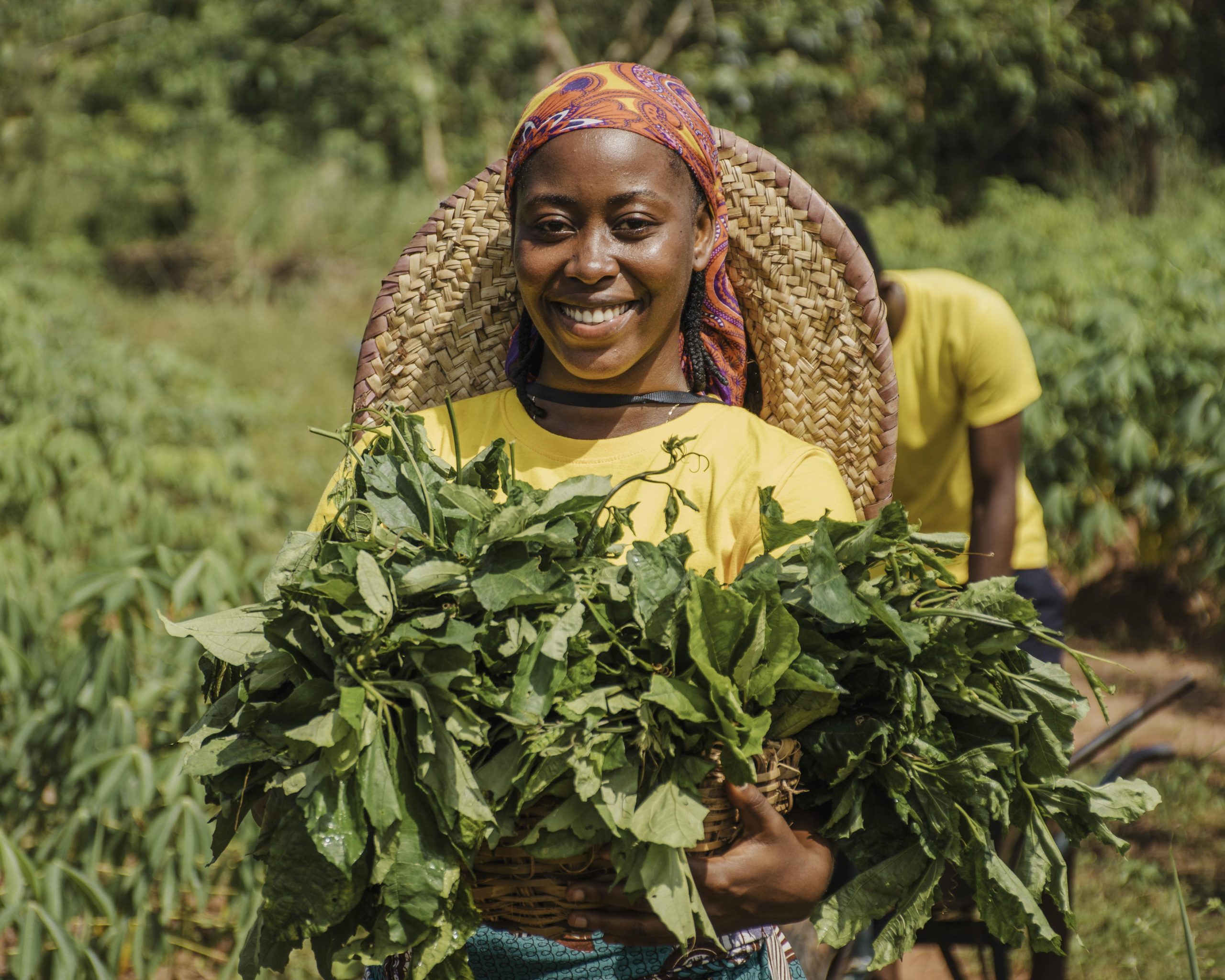
Table of Contents:
1. Introduction
2. The Gender Gap in Nigerian Agriculture
3. HTSF Global’s Commitment to Gender Equality
4. Key Initiatives for Women Farmers
4.1 Access to Digital Technologies
4.2 Financial Inclusion Programs
4.3 Skills Development and Training
4.4 Market Access Support
5. Challenges and Future Directions
6. Conclusion
7. References
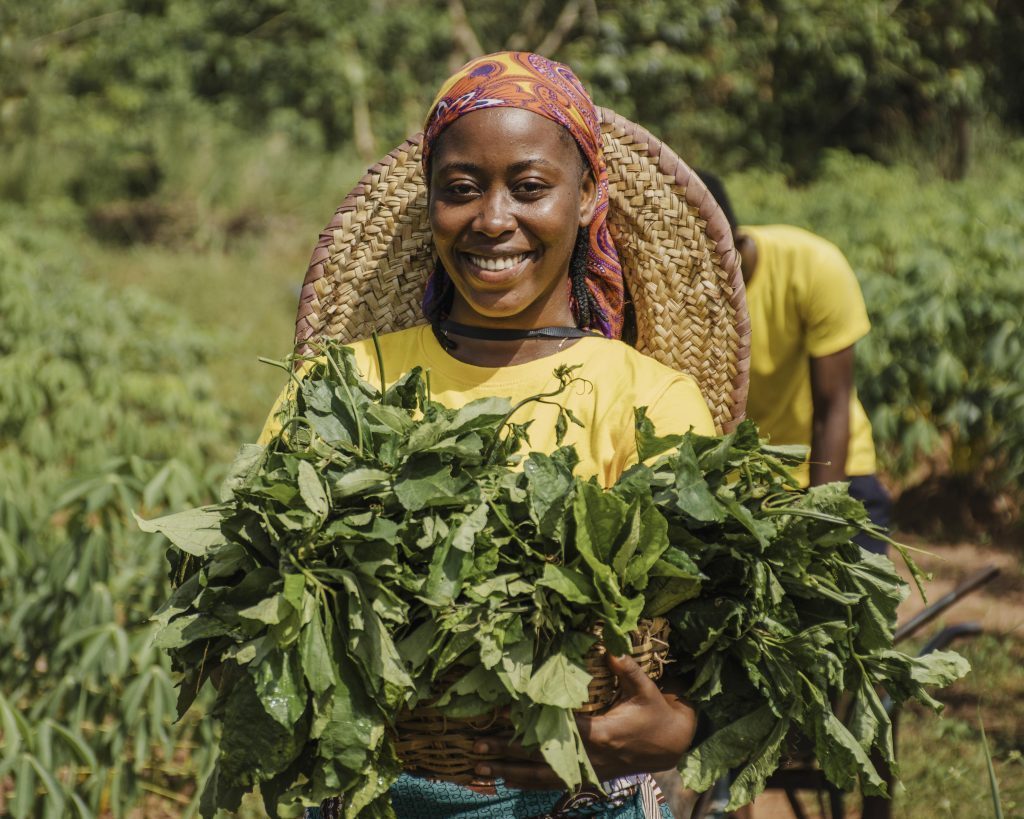
Introduction To HTSF Global Commitment To Gender Equality In Farming
In the heart of Nigeria’s agricultural landscape, women play a pivotal yet often undervalued role. They are the unsung heroes of food production, contributing significantly to family livelihoods and national food security. However, these women face a myriad of challenges, from limited access to resources to deep-rooted cultural barriers.
At HTSF Global, we have made it our mission to address these disparities and foster gender equality in the farming sector.
The Gender Gap in Nigerian Agriculture
To fully appreciate the importance of our initiatives, it’s crucial to understand the context of gender inequality in Nigerian agriculture. Women constitute nearly 50% of the agricultural labor force in Nigeria, yet they face significant disparities in access to resources and opportunities..
Key statistics paint a stark picture:
- Women own less than 20% of agricultural land in Nigeria.
- Only 15% of women farmers have access to agricultural credit.
- Women farmers receive less than 10% of agricultural extension services.
These disparities not only affect individual women and their families but also hamper overall agricultural productivity. Research by the Food and Agriculture Organization (FAO) suggests that if women had the same access to productive resources as men, they could increase yields on their farms by 20-30%.
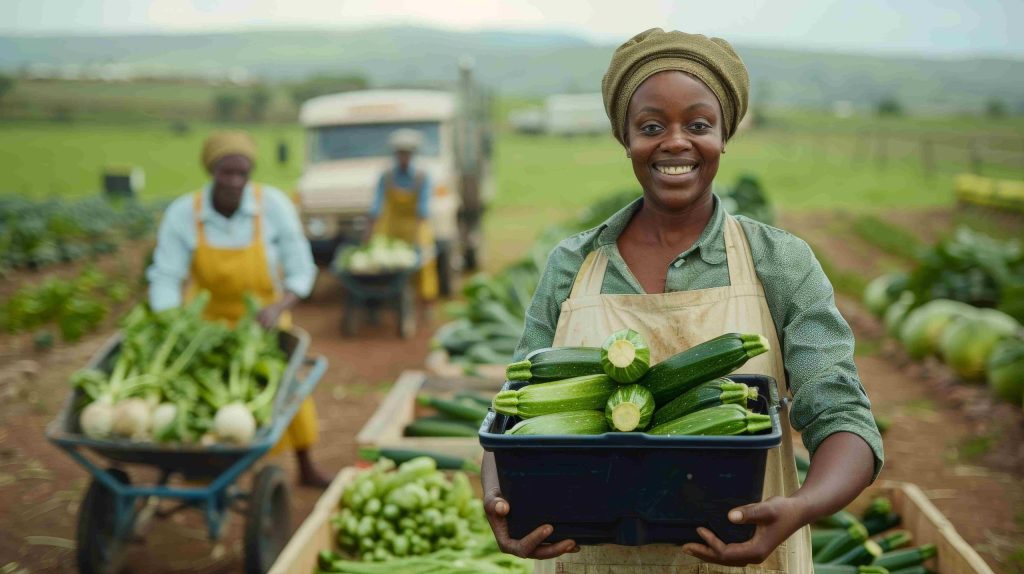
HTSF Global’s Commitment to Gender Equality
At HTSF Global, we believe that empowering women in agriculture is not just a matter of social justice, it’s smart economics.
Our commitment to gender equality is woven into the fabric of our operations, from our hiring practices to our farmer outreach programs.
We strive to create an environment where women farmers can thrive, innovate, and lead.
Key Initiatives for Women Farmers
Access to Digital Technologies
Our e-commerce platform, HTSFarms, is designed with women farmers in mind. We’ve implemented features such as:
- Voice-enabled navigation in local languages, addressing literacy barriers
- Simplified user interfaces for easy access to agricultural inputs
- Mobile money integration for secure transactions, promoting financial inclusion
A study by GSMA found that women in low- and middle-income countries are 20% less likely than men to use mobile internet. Our platform aims to bridge this digital gender gap in the agricultural sector.
Financial Inclusion Programs
Recognizing the credit gap faced by women farmers, we’ve partnered with microfinance institutions to offer:
- Low-interest loans tailored for women farmers
- Financial literacy training programs
- Savings groups facilitated through our digital platform
These initiatives are informed by research showing that access to finance can increase agricultural productivity by up to 50%.
Skills Development and Training
We believe in equipping women with the knowledge and skills to succeed. Our initiatives include:
- Women-only agricultural extension services
- Training in climate-smart farming techniques
- Leadership and business management workshops
These programs are designed to address the findings of a World Bank study which showed that women farmers are less likely to receive agricultural extension services.
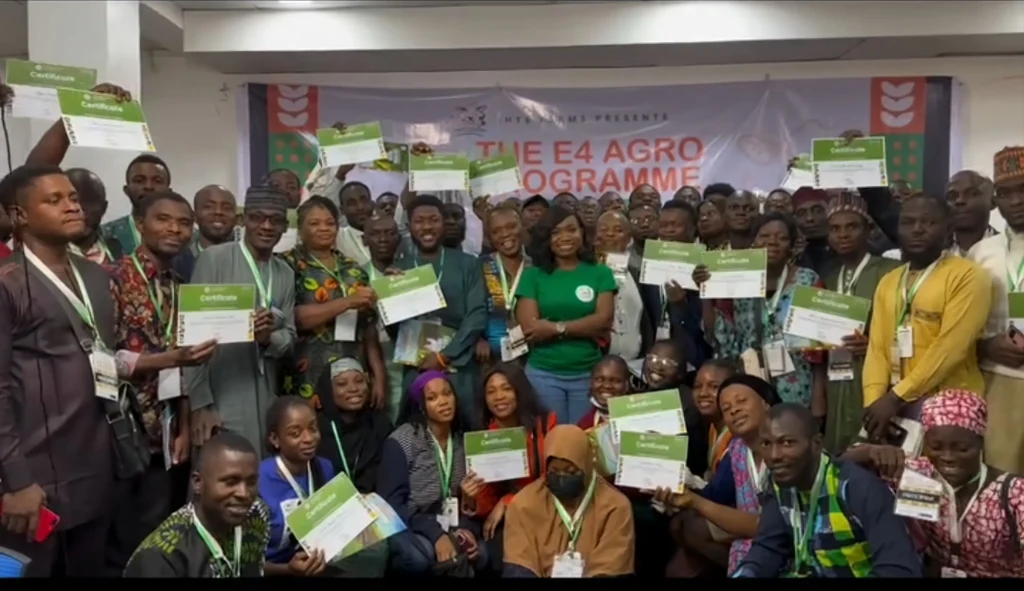
Market Access Support
Through our logistics arm, HTS Logistics, we provide:
- Priority pickup services for women farmers
- Mentorship programs connecting women farmers with successful agribusinesses
- Featured spots for women-produced goods on our online marketplace
These initiatives aim to address the market access challenges faced by women farmers, as highlighted in a study by the International Food Policy Research Institute.
Challenges and Future Directions in Empowering Women in Nigerian Agriculture
The journey towards gender equality in Nigerian agriculture is both promising and challenging. At HTSF Global, we have witnessed firsthand the transformative power of empowering women farmers. However, we also recognize that significant obstacles remain, demanding innovative solutions and unwavering commitment.
One of the most persistent challenges is the deeply entrenched cultural barrier to women’s land ownership. In Nigeria, a mere 2% of women own land, a statistic that starkly illustrates the uphill battle faced by women in agriculture.
This lack of ownership not only limits women’s ability to make long-term investments in their farms but also restricts their access to credit and other resources crucial for agricultural success. Traditional inheritance practices often exclude women, perpetuating a cycle of economic disadvantage.
Even in cases where women have access to land, they frequently lack decision-making power over its use, hampering their ability to implement innovative farming practices or make strategic crop choices.
Another significant hurdle is the limited digital literacy prevalent in rural areas. Our surveys reveal that 60% of women farmers in rural regions lack basic digital skills, a gap that becomes increasingly critical as agriculture becomes more technology-driven.
This digital divide is exacerbated by poor internet connectivity in remote areas and the prohibitive cost of smartphones and data plans for many potential users.

As a result, many women farmers are unable to fully leverage the digital tools and platforms that could significantly enhance their productivity and market access.
The challenge of balancing farm work with household responsibilities presents yet another obstacle. Women in our programs report spending an average of 14 hours per day on combined farm and household duties, a workload that leaves little time for skill development or business growth.
Childcare responsibilities often conflict with training sessions and market days, limiting women’s ability to fully engage in agricultural activities and educational opportunities. This unequal distribution of household labor not only impacts women’s agricultural productivity but also perpetuates gender inequalities in rural communities.
Additional challenges include limited access to quality inputs due to financial constraints and supply chain issues, the disproportionate impact of climate change on women farmers who lack resources for adaptation, and the persistent issue of gender-based violence and harassment in rural communities, which can significantly impede women’s participation in agricultural activities.
Recognizing these challenges, HTSF Global is actively exploring innovative solutions and future directions to address these issues comprehensively. One key strategy is forging partnerships with local NGOs for grassroots outreach.
We are currently in discussions with 15 local organizations to extend our reach into underserved communities. Plans are underway to launch a “Train the Trainer” program, equipping local leaders with the skills to support women farmers effectively.
We’re also exploring the establishment of community digital hubs in partnership with NGOs to improve access to our platforms and bridge the digital literacy gap.
Policy advocacy forms another crucial part of our future strategy. We are actively engaging with policymakers to advocate for women’s land rights, aiming to influence the Land Use Act and push for gender-responsive budgeting in agricultural policies at both state and federal levels.
Collaboration with the Ministry of Women Affairs is underway to integrate agricultural empowerment into national gender equality strategies, ensuring that women’s agricultural needs are addressed at the highest policy levels.
Technology will play a pivotal role in our future initiatives. We are investing in AI and machine learning to create personalized crop advisory services tailored to local conditions and market trends.
Voice-activated services in local languages are being developed to overcome literacy barriers, and we’re exploring partnerships with satellite imagery providers to offer precision agriculture advice to smallholder women farmers.
These technological advancements aim to level the playing field, providing women farmers with access to the same high-quality information and resources as their male counterparts.
Financial inclusion remains a key focus area. We’re piloting a blockchain-based microcredit system to reduce transaction costs and improve transparency, developing tailored insurance products to protect women farmers against climate-related risks, and exploring partnerships with mobile money providers to expand financial services in rural areas.
These initiatives aim to address the unique financial challenges faced by women farmers and provide them with the financial tools necessary for success.
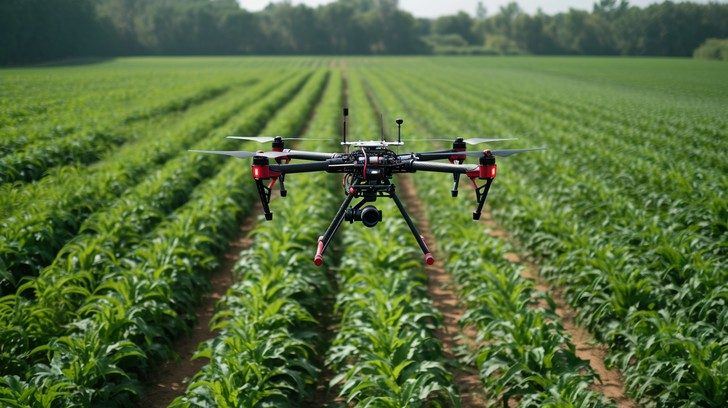
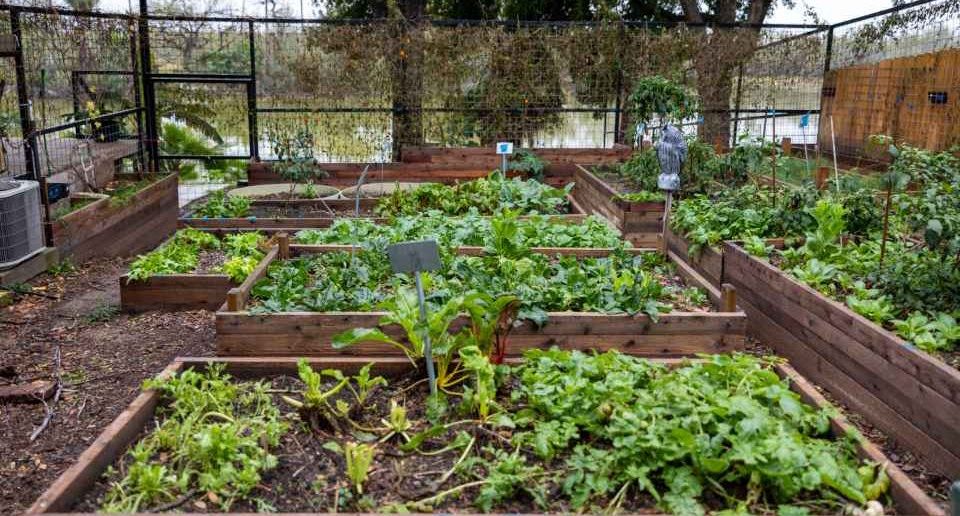
Enhancing skills development programs is another priority. We’re launching a mentorship program pairing experienced women farmers with newcomers, developing a curriculum on climate-smart agriculture techniques specifically tailored for women farmers, and creating an e-learning platform with offline capabilities to reach areas with limited internet connectivity.
These educational initiatives aim to empower women with the knowledge and skills needed to thrive in an evolving agricultural landscape.
Addressing work-life balance issues is crucial for long-term success. We’re piloting community childcare centers near farming clusters to support working mothers, developing time-saving agricultural technologies specifically designed for women’s needs, and launching awareness campaigns targeting men to promote equitable distribution of household responsibilities.
These efforts aim to create an environment where women can fully engage in agricultural activities without sacrificing their family responsibilities.
Expanding market access for women farmers is another key focus. We’re developing a “Women-Grown” certification to differentiate and add value to products in the market, exploring partnerships with urban retailers to create dedicated spaces for women farmers’ produce, and investing in cold chain infrastructure to enable women to tap into high-value perishable crop markets.
These initiatives aim to ensure that women farmers can access lucrative markets and receive fair prices for their produce.
Finally, we recognize the importance of robust research and data collection in informing our strategies and measuring our impact.
We’re partnering with academic institutions to conduct longitudinal studies on the impact of our interventions, implementing blockchain technology for transparent and immutable impact tracking, and developing a comprehensive database on women in agriculture to inform policy and program design.
As we look to the future, HTSF Global remains committed to creating a more inclusive, sustainable, and prosperous agricultural sector in Nigeria. We recognize that achieving gender equality in agriculture is a complex, long-term endeavor, but we are dedicated to this journey.
Our goal is not just to bridge the gender gap, but to transform the agricultural landscape into one where women are equal participants, decision-makers, and beneficiaries. Through innovative solutions, strategic partnerships, and unwavering commitment, we believe we can overcome the challenges and create a brighter future for women in Nigerian agriculture.
In Conclusion
At HTSF Global, we’re committed to cultivating not just crops, but equality. By empowering women farmers, we’re sowing the seeds for a more prosperous, sustainable, and equitable agricultural sector in Nigeria. We invite you to join us in this crucial mission together, we can harvest a future where every farmer, regardless of gender, has the opportunity to thrive.
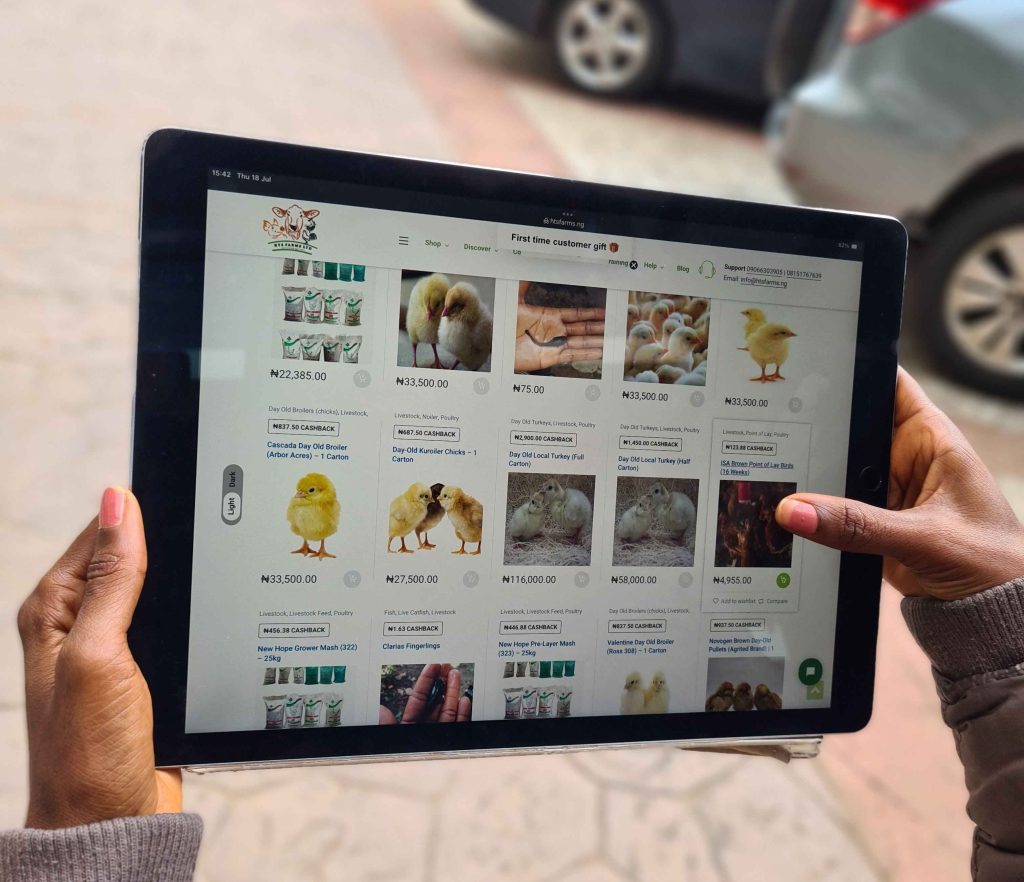
References
[1] Food and Agriculture Organization. (2022). The State of Food and Agriculture 2022. FAO, Rome.
[2] Nigerian Bureau of Statistics. (2024). Agricultural Survey Report. NBS, Abuja.
[3] Central Bank of Nigeria. (2023). Financial Inclusion Report. CBN, Abuja.
[4] Federal Ministry of Agriculture and Rural Development. (2023). Annual Report. FMARD, Abuja.
[5] Food and Agriculture Organization. (2021). The State of Food and Agriculture 2021. FAO, Rome.
[6] GSMA. (2023). The Mobile Gender Gap Report 2023. GSMA, London.
[7] World Bank. (2022). World Development Report 2022: Finance for an Equitable Recovery. World Bank, Washington, DC.
[8] World Bank. (2023). Gender in Agriculture Sourcebook. World Bank, Washington, DC.
[9] International Food Policy Research Institute. (2023). Global Food Policy Report 2023. IFPRI, Washington, DC.
[10] HTSF Global Internal Reports. (2023-2024). Lagos, Nigeria.
